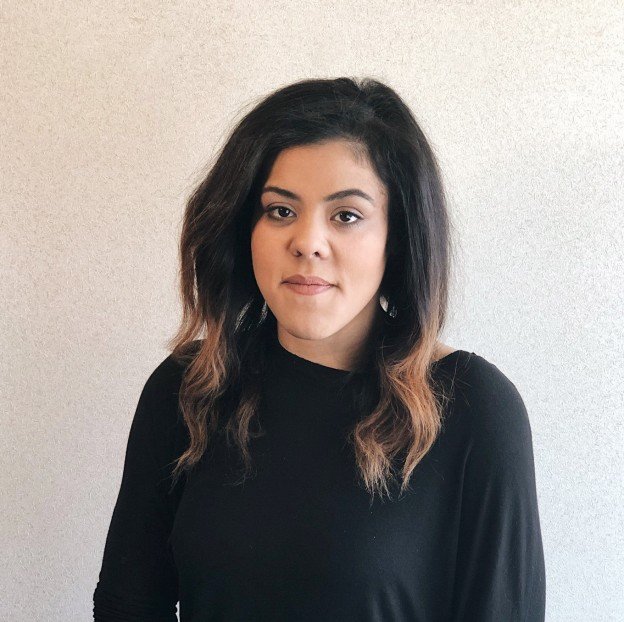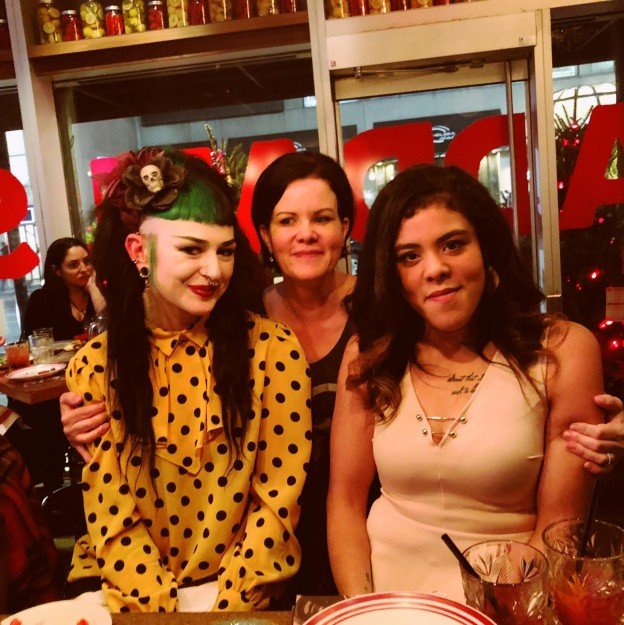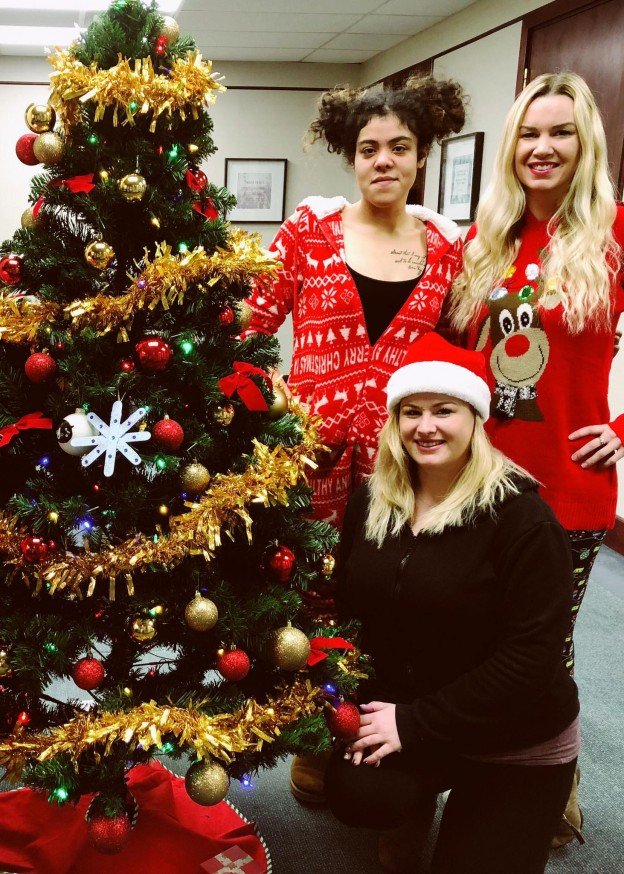Egg Donor Intake with Alana Wagg



Alana Wagg is Egg Helpers' Donor Admissions and Support Specialist. It's her job to welcome you to Egg Helpers and introduce you to egg donation. After you've submitted your application, Alana will reach out to you and explain the entire donation process step by step, as well as answer any questions you may have. She will help you complete your profile, so Intended Parents can get a clear picture of who you are and go over the types of couples or individuals you may be donating to. Once your profile is complete, Alana will organize your initial testing, which includes bloodwork and internal ultrasounds. After you've successfully completed your testing, she will make sure your profile is visible on our website so Intended Parents can learn more about you and reach out to Egg Helpers if you are selected.
Aside from Alana's administrative duties, her primary role is to provide educational and emotional support while egg donors are waiting to be matched: "During my time with Egg Helpers I've received all kinds of questions, and with each one I do my best to ensure our donors feel safe and supported in their decisions" she affirms. Some of the inquiries Alana has received in the past include the following:
What's the difference between an anonymous and a known donation?
For anonymous donations, there is no contact between the donor and the Intended Parents: "We can tell the donor what kind of couple they are donating to, such as if they are same sex, heterosexual, or a single person. We can also tell them if they're domestic to Canada or if they're international. Finally, we can let them know if their donation results in a positive pregnancy. Of course, this is only if the donor wants to know, as we've had donors who want absolutely no information at all" Alana explains.
For known donations, once the donor is medically cleared by the clinic a legal contract is drawn up. Both the donor and the Intended Parents have their own lawyers, and both parties outline what they are and aren't comfortable with in terms of contact. Once that's decided upon, both parties sign the contracts, and the legal clearances are sent to the clinic. The donors are often introduced to the IPs through email, and from that point on they are free to communicate in whichever way they see fit.
"The majority of donations are anonymous," says Alana. "It's often the case that someone will start with a known donation and then switch to an anonymous donation the second time around because they've really built a strong relationship with their first Intended Parents and don't want to discredit their original relationship".

How much contact will there be in a known donation?
Alana has seen donors engaging in various levels of contact with their Intended Parents. Some Intended Parents only engage in email correspondence, while others may want to get to know you in person and offer support by attending your egg retrieval. "I've even seen an egg donor who has flown all the way to France to meet her Intended Parents, and another who goes on family trips with the couple that she donated her eggs to" Alana says. Each case is unique, and the amount of contact in a known donation really comes down to what you and your Intended Parents decide is right.
How does reimbursement work?
"Reimbursement is also often a large stumbling block for our donors, as many start the process believing they will receive payment for their donation. However, Canada follows as altruistic model of reimbursement only, as it's illegal to give or receive payment for egg donation," Alana asserts. Donors are reimbursed up to $5000 for any expenses they may incur throughout their donation journey. Donors can claim for lost wages, child care, transportation and parking, acupuncture and massage, vitamins, feminine hygiene products, personal fitness classes, and holistic medicine. "As long as a donor's request is reasonable, Egg Helpers will reimburse them along the way" she explains.
Additionally, if a donor needs to fly across the country for their retrieval and stay in a hotel, the Intended Parents will cover these expenses. Intended Parents put this money into a reimbursement account upon registering with Egg Helpers, and any money the donor doesn't claim goes back to the Intended Parents: "Although it's rare, there have been donors who haven't claimed anything because they believe this transaction should be a true donation" she says.

But what if…?
"Throughout my time at Egg Helpers, I've heard a lot of misconceptions and fears about the egg donation process," Alana says. "I've heard concern about being rendered infertile afterwards, which is simply not the case. I've heard donors worry about having to undergo months of medication, when the medical treatment is only for ten to twelve days. I've heard from donors who are scared about the retrieval process being painful, and while it is for some, it's generally a painless process as the donor is under sedation. I understand how this is a completely new experience for many of the young women I speak to, and I try my best to establish open and empathetic communication with every single one of our donors".
What should I look for in an Egg Donor Agency?
When deciding who to work with, Alana recommends tuning into your instincts upon interacting with an agency: "You should feel as though you're being treated like a person, and not like a number or a medical specimen. Communication between the donor and the clinic is very important. Egg Helpers has prioritized building close relationships with the clinics we use, and we make sure to advocate for our donors," she asserts. "You should feel valued for your contribution, and there should be open communication and transparency throughout the process. Egg Helpers strives to make this a personal experience, and as an agency, it's our goal to get to know each and every one of our donors on an individual level".

